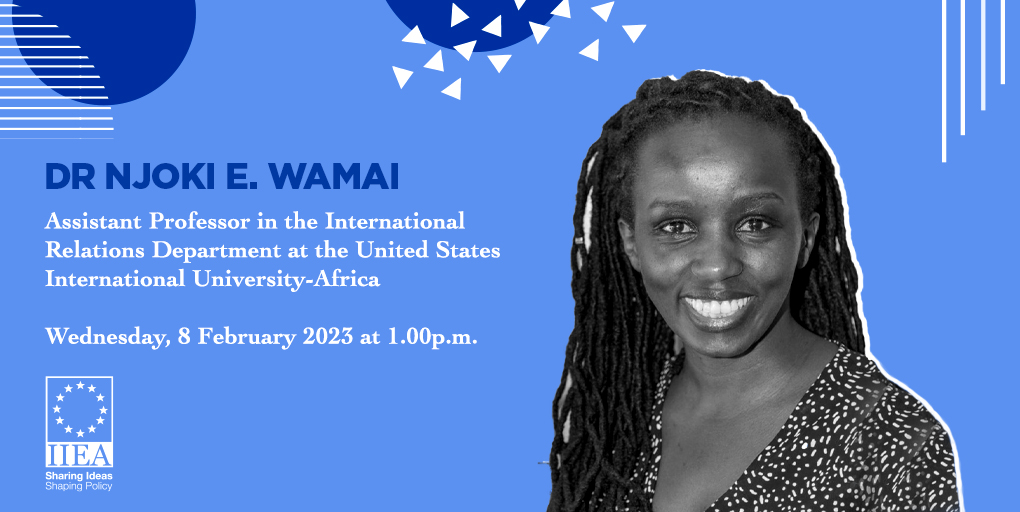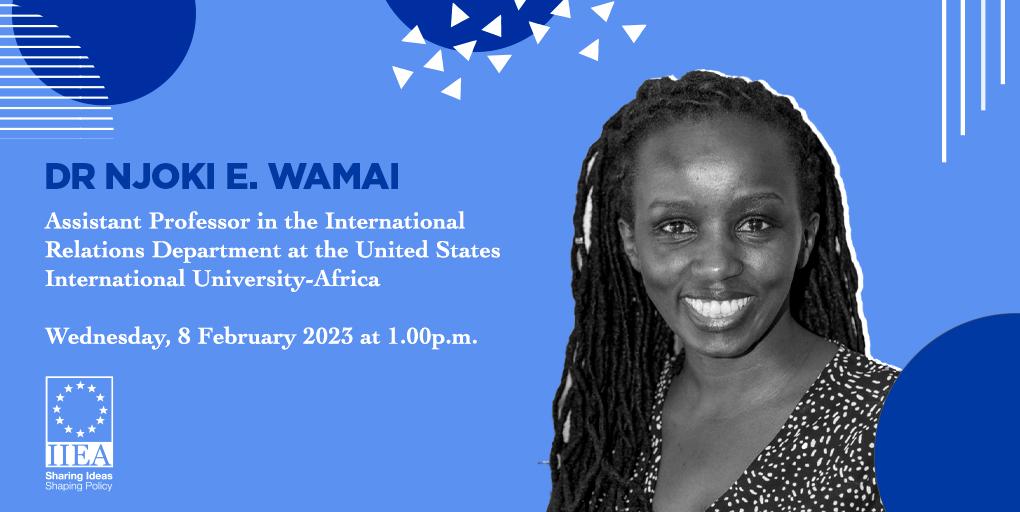Reflecting on Kenya’s 2022 Election and its Implications

In September 2022, following a tense but peaceful transition of power, William Ruto became president of Kenya. As part of his so-called ‘Hustler’ narrative, President Ruto committed to addressing rising inequality and poverty through the provision of cheap credit to the young voters who put in him in office. The new government also committed to increase funding for renewable energy, to education reforms, to end police brutality and to focus on the ‘common mwananchi’ or common person, otherwise known as ‘Hustler’, or mwananchi in Kiswahili. Yet, as Kenya’s leading opposition party increasingly challenge the legitimacy of the elections, questions remain about the stability of the Ruto Presidency. This presentation by Dr Njoki Wamai discussed the Kenyan presidential election outcome and the implications which it may have for the region, the European Union and Ireland.
Njoki Wamai PhD is an Assistant Professor in the International Relations Department at the United States International University-Africa. She was a post-doctoral researcher at the Centre for Governance and Human Rights at the Politics and International Studies Department at the University of Cambridge, where she completed her PhD in politics and international studies as a Gates Cambridge Scholar in 2017. Previously, Dr Wamai was a Peace, Security and Development Scholar at the African Leadership Centre at King’s College London. She has published book chapters and articles with Oxford University Press, Routledge and Zed Books on international intervention, the International Criminal Court, mediation and violence using postcolonial and decolonial approaches.

